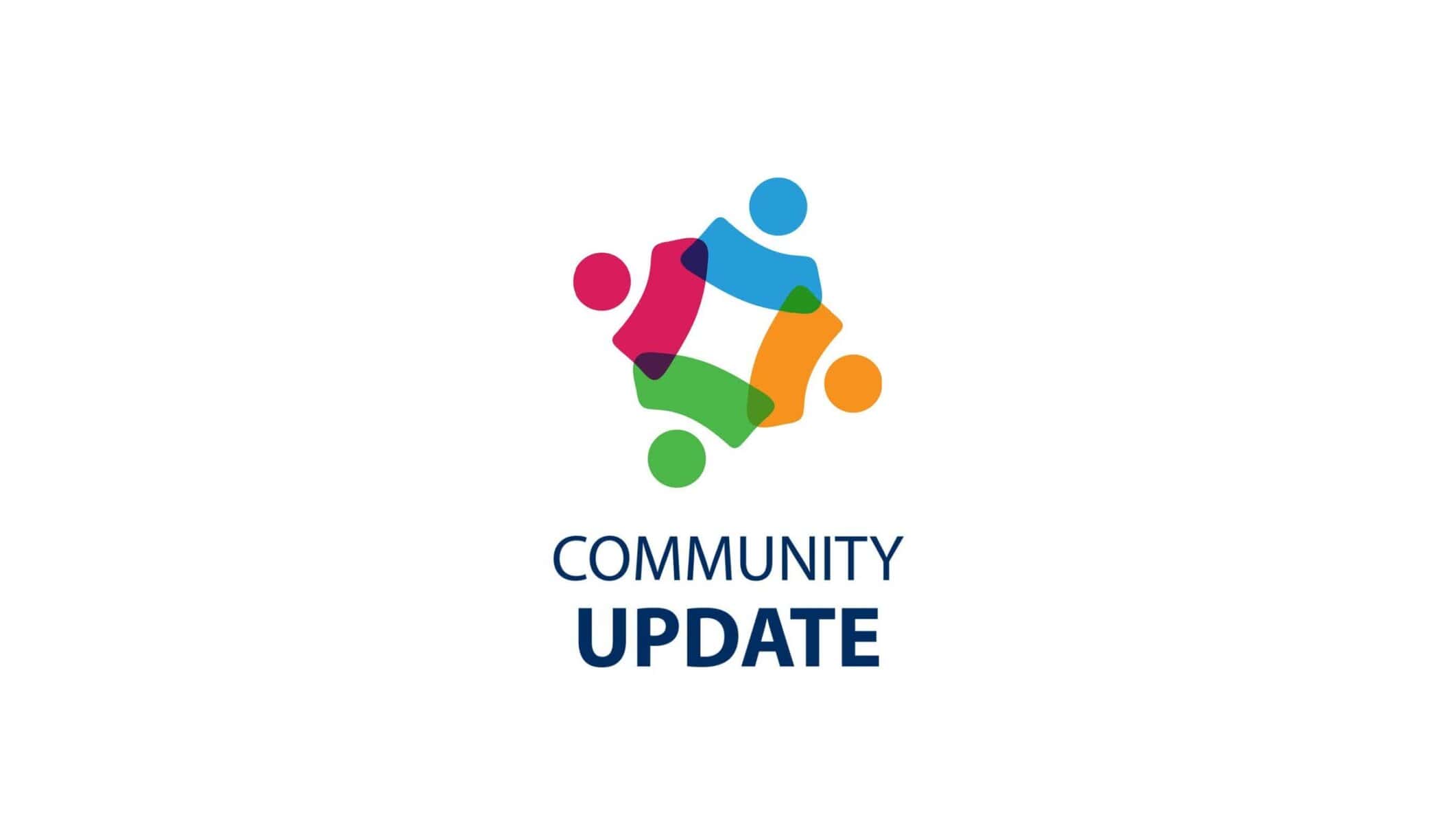What is Stigma?

The definition, derivation, and origin of the word “stigma” seems very matter-of-fact. Beyond these plain, cold facts, however, “stigma” is a powerful, ugly word. Why do I say that and why is it especially insidious when it comes to mental health and addiction?
The forces of stigma cast a spell that prevent people from getting the help and support they need. This is done in a number of ways.
• Stigma makes people create uninformed stereotypes. Without thinking or knowing better, we paint with a broad brush, lumping people together in a negative classification—“the mentally ill,” the alcoholics,” the schizophrenics,” the manic-depressives,” and so on—as if they were all the same.
• Stigma is reinforced by negative images created in the mass media—television, movies, social media, newspapers, and magazines. All too often, people who suffer from a mental illness are called “crazies” or “nuts.” The image of a person wearing a straitjacket who escaped from an insane asylum is too often part of our pop culture. An unstable person shoots up a building or parking lot and it indicts in the minds of many all who have a mental illness or addiction issue, whether they are in recovery or not.
• Just as serious and potentially more deadly is the fact that, in too many cases, people in need of help and support delay or reject outright because of stigma and how they perceive society will view them. In this way, stigma kills. Whether it is the effects of depression, post-traumatic stress, or any other debilitating disorder, a person may be afraid to come forward and open up about it—whether it is to friends, family, professionals, or a support group. The person is told to “buck up,” “man up,” bully their way through it. Showing you cannot do that would be a sign a weakness. The problem, however, does not go away. It gets worse. The pressures increase. The person cannot deal with it alone and does not know where to turn. The result can be tragic. This is a hypothetical example, but it has happened. Getting the needed help is the real sign of strength and allows you to recover and triumph.
Once your own house in is order, however, what else can you do to beat down stigma?
• For one thing, you can call out stigma, stereotyping, and prejudice wherever you see it. If you see an article that perpetuates stigma, contact the source of the article and take them to task over it. Protest, raise a fuss. Let them know that they are being called into account. If you see a product that perpetuates a stigma, let the store and manufacturer know. More than that, inform your local affiliate of the National Alliance on Mental Illness (NAMI). An affiliate exists here in Cumberland County. Go to www.naminj.org for more information. In other words, be a “stigma-buster.”
• Another thing that you can do—more symbolic, but still effective—is to support resolutions to make your city or town a “Stigma Free Zone.” This is being done throughout the state and our County Human Services Department, with our Mental Health & Addictions Board are working to create such zones throughout the county. It sends the message to schools, businesses, industries, and the population at large that stigma will not be tolerated here, It is unacceptable.
While we are at it, each one of us should make ourselves stigma-free zones. Banish that ugly word from our lives, thoughts, and habits. Only then can we truly mind our minds.
Melissa Niles, LPC, LCADC is Cumberland County Department of Human Services Director, Cumberland County Mental Health Administrator, and Cumberland County Alcohol & Substance Abuse Services Director.









